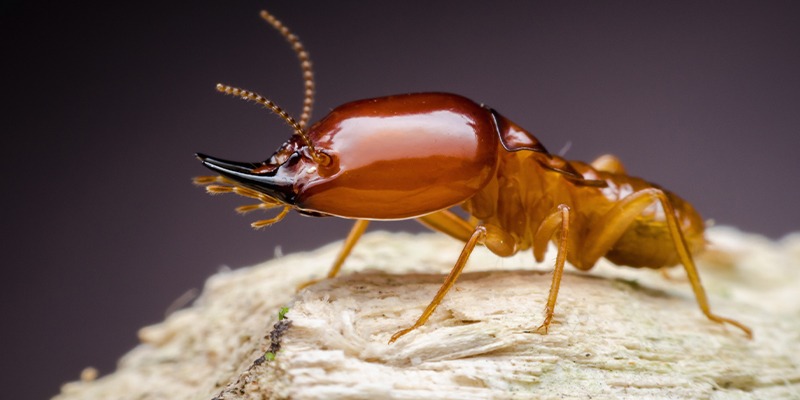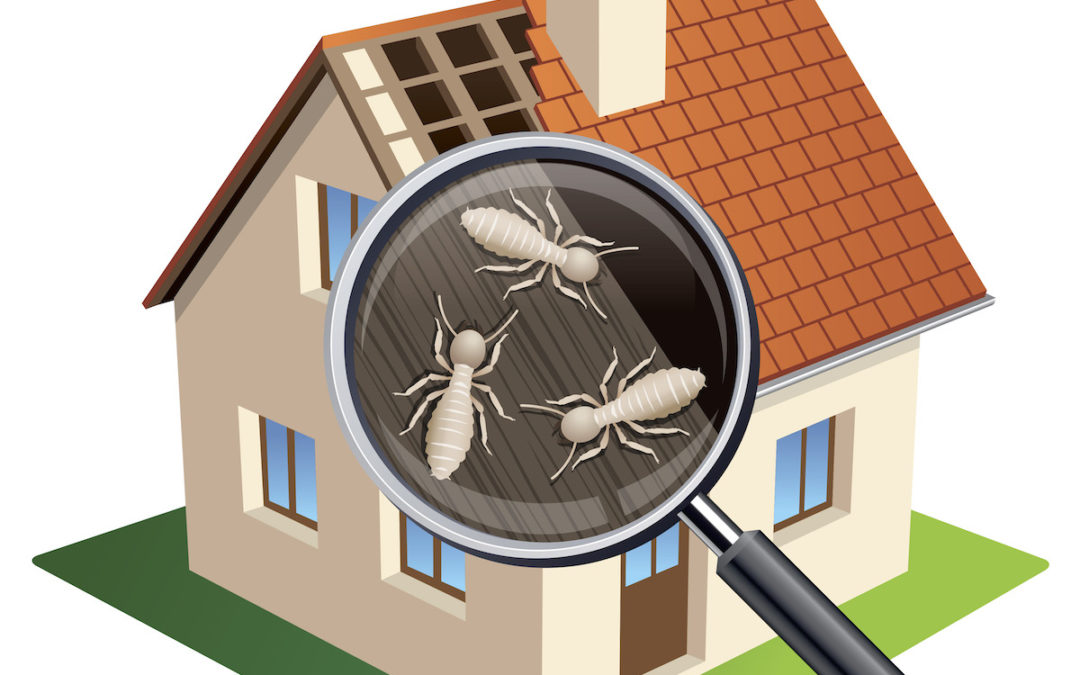Specialist Ant Control Services: Customized Therapies for Lasting Results
Ecological Influence of Bug Control: Harmonizing Performance With Sustainability
The ecological effect of insect control is a crucial concern that calls for a delicate equilibrium between achieving performance in handling bugs and making sure sustainability of our ecosystems. As we aim to shield our plants, homes, and health from the risks positioned by pests, the approaches we utilize can inadvertently damage the environment. From using damaging chemicals that permeate into our dirt and water to the unplanned effects on non-target species, the consequences of standard parasite control practices are far-ranging. However, there are arising strategies that provide wish for an extra sustainable technique to pest monitoring. These solutions not just objective to resolve the instant bug problems but additionally think about the lasting health and wellness of our world.
Damaging Chemicals in Bug Control
The utilization of hazardous chemicals in parasite control presents significant ecological and health dangers that warrant careful consideration and reduction techniques. Herbicides, pesticides, and insecticides are generally used to get rid of pests, however their prevalent application can cause unexpected consequences. These chemicals can pollute dirt, water resources, and the air, influencing not only the targeted insects but also valuable bugs, wild animals, and human beings.

To deal with these threats, incorporated parasite administration (IPM) methods are being promoted as a much more sustainable alternative. IPM entails a combination of methods such as organic control, environment control, and the targeted usage of chemicals as a last option (ant control high point nc). By adopting a holistic method to pest control, we can reduce the environmental and health impacts associated with hazardous chemicals while properly managing pest populations
Influence On Non-Target Types
Considering the unintentional effects of parasite control approaches, the effect on non-target species is an essential element that requires complete examination. While insect control procedures aim to target particular pests, other organisms in the ecosystem may be inadvertently affected. Non-target varieties, including beneficial pests, birds, creatures, and even plants, can suffer direct or indirect injury from pesticide applications or organic control approaches.
Pesticides can have deadly or sub-lethal results on non-target varieties. Pesticides created to deal with a certain insect parasite may hurt pollinators like bees or natural predators such as ladybugs. Furthermore, chemical residues can build up in the setting, influencing non-target microorganisms in time. Similarly, biological control representatives, if not species-specific, can position dangers to unintended targets, interfering with the environmental equilibrium.
To minimize the influence on non-target types, integrated insect management (IPM) strategies that emphasize an all natural approach to pest control are advised. These methods focus on the use of eco-friendly methods, lessening damage to advantageous organisms while properly managing pest populaces. Conducting detailed threat assessments and keeping an eye on the end results of parasite control initiatives are vital steps in securing non-target types and advertising general community health and wellness.
Dirt and Water Contamination
Unintentional ecological effects of bug control techniques prolong beyond impacting non-target varieties, with substantial implications for dirt and water contamination - ant control services. Chemicals, herbicides, and chemical fertilizers used in parasite control can seep into the dirt and infect groundwater, positioning a threat to both water and terrestrial environments.
Water contamination is one more vital concern connected with pest control practices. Drainage from agricultural areas treated with pesticides can bring these chemicals right into nearby water bodies, affecting aquatic organisms and water high quality. Pollutants in water resources can have significant effects, influencing not just aquatic life but likewise human wellness through the intake of infected water or marine organisms. To mitigate dirt and water contamination from parasite control activities, incorporated bug administration strategies that prioritize sustainability and minimize chemical inputs are vital.
Air Contamination From Chemical Usage
Direct exposure to air-borne chemicals during agricultural applications poses a significant concern for air contamination control procedures. When chemicals are splashed onto crops, they can volatilize into the air and form unpredictable natural substances (VOCs) and various other airborne pollutants. These chemicals can add to the development of ground-level ozone, a significant element of smog that can have harmful impacts on human health and wellness, plant productivity, and total air high quality. Additionally, pesticide drift, where chemicals are carried by the wind to unintended areas, can lead to the contamination of close-by ecosystems and water bodies.

Strategies for Lasting Pest Control
In the world of agricultural methods, applying lasting pest control techniques is vital for keeping eco-friendly equilibrium and safeguarding crop yields. Sustainable insect control highlights making use of eco-friendly approaches to take care of parasite populaces effectively while reducing harm to non-target microorganisms and ecological communities. Integrated Bug Administration (IPM) is a widely adopted method that integrates biological, cultural, physical, and chemical control methods to achieve lasting parasite monitoring remedies.
Crop turning and diversification are also reliable techniques to disrupt pest life cycles and produce much less favorable conditions for insects to thrive. Inevitably, by incorporating these sustainable bug control techniques, farmers can achieve a balance in between pest administration performance and environmental stewardship.
Conclusion
In final thought, the environmental effect of bug control methods need to be meticulously considered to stabilize efficiency with sustainability. Unsafe chemicals utilized in bug control can lead to dirt and water contamination, air contamination, and injury non-target species - termite control services. It is essential to carry out lasting pest control methods to minimize these unfavorable results on the environment and promote a much healthier community for future generations
By taking on an alternative approach to pest control, we can decrease the ecological and health impacts associated with unsafe chemicals while effectively managing pest populations.

To alleviate the air pollution triggered by chemical use, it is important to why not find out more embrace incorporated pest management strategies that prioritize the usage of non-chemical bug control techniques, such as crop rotation, natural predators, and immune plant selections. Lasting bug control highlights the use of ecologically friendly approaches to handle insect populaces efficiently while reducing harm to non-target microorganisms and ecological communities. Integrated Parasite Administration (IPM) is a commonly embraced approach that incorporates biological, cultural, physical, and chemical control techniques to achieve long-lasting insect monitoring options.